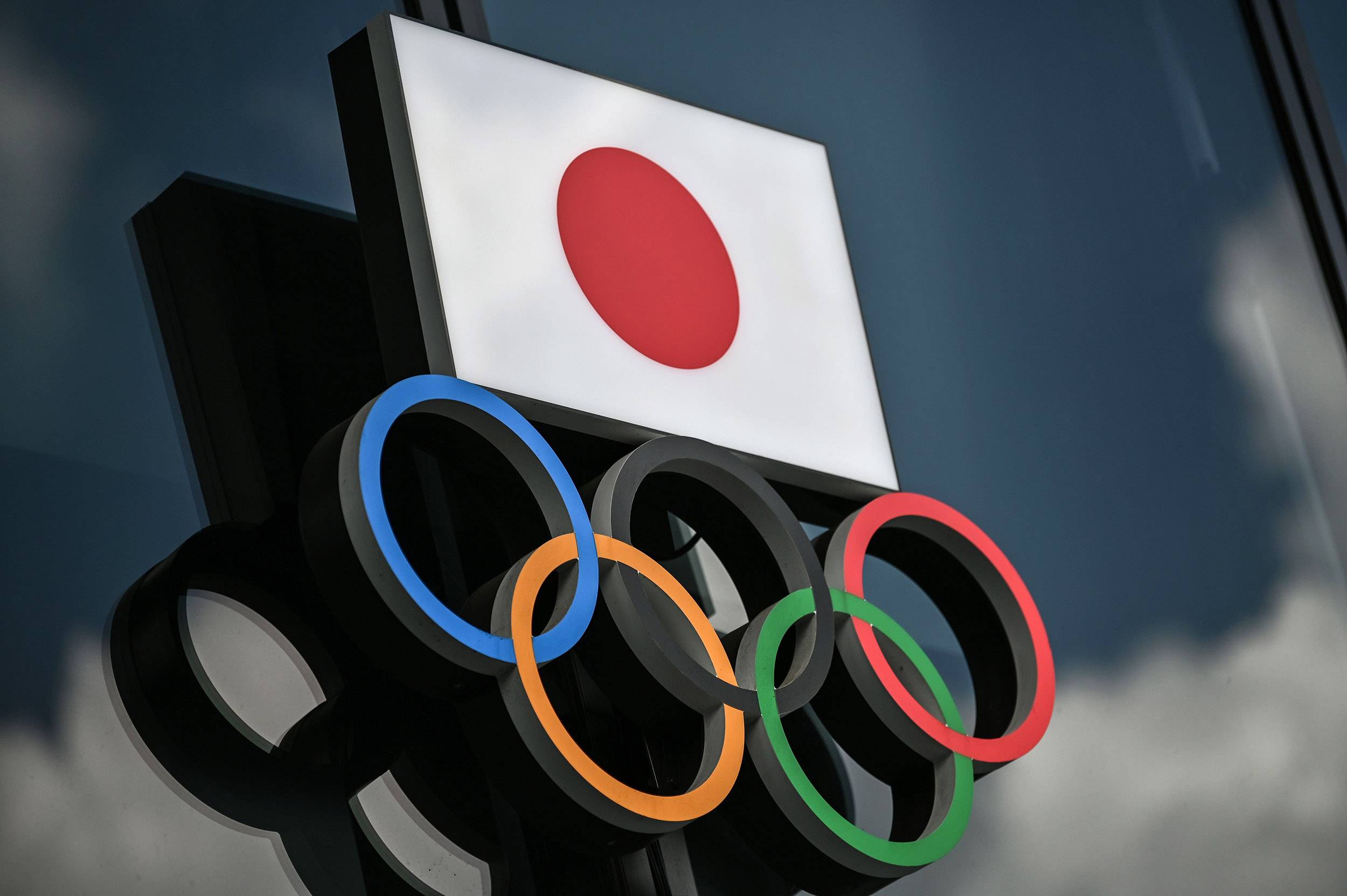LGBTQ+ Athletes Win More Medals At The Olympics Than Nearly 200 Other Nations
Although taking place more than a year after they were initially planned and amid an ongoing pandemic affecting millions around the world, the 2020 Olympics were still held, and just like that, they’ve come to an end.

While the United States finished with the most medals, Team LGBTQ+ gained the most from the Olympic Games in Tokyo.
“Team LGBTQ,” as they’ve been dubbed, had more athletes at the Games than 190 of the 206 participating Olympic squads – 205 from different countries or independently-participating territories (such as Puerto Rico and American Samoa), and one team made of refugee athletes.
According to LGBTQ Nation, 182 different LGBTQ+ athletes made an Olympics team, representing 30 different countries in 34 of the 46 sports. In all, they earned 56 medals between them, which would put them in sixth as an official Olympic Team.
That means Team LGBTQ+ had more medals than 200 Olympic squads that went to Tokyo.
According to Outsports, their 56 medals are more than any country or state that still criminalizes homosexuality, including Kenya, Jamaica, and Iran combined.
LGBTQ+ athletes accomplished so much more than what they took home from the medal podiums in Tokyo, however. Following years of zero to a limited amount of athletes being able to participate in the Olympics while publicly out, this year’s games included more than triple the amount of LGBTQ+ athletes than the 2016 Olympics in Rio de Janeiro.
For nearly every day of the official Olympic competition, there was an out athlete present. The United States had the most out representation in Tokyo with 36 American athletes.
Not only were athletes there and participating, but – despite the Olympics’ ban on “political” messaging at the Games – several athletes proudly displayed their LGBTQ+ family members, same-sex relationships, and their identities at several opportunities.
Out diver Tom Daley won his first Olympic gold medal as his husband, son, and mom, cheered him on. Then, he kept going viral, either for knitting during competitions or opening boxes of condoms.
Power couple Megan Rapinoe and Sue Bird, who have competed and excelled at several Olympics, both took home medals – Rapinoe received bronze in soccer while Bird earned her fifth gold medal in basketball – and was one of the few romances on display at the crowd-less Olympics. With their hairstyles, speeches, and flair, several other out athletes earned adoration from around the world just for being there.
These were also the first games at which openly transgender athletes were explicitly permitted to participate, and four made the trip to Tokyo.
On July 21, before the Opening Ceremony even commenced, soccer player Quinn became the first openly trans or non-binary athlete to participate in an Olympic competition.
Two others would eventually compete: Laurel Hubbard, a transwoman weightlifter from New Zealand, and Alana Smith, an American non-binary skateboarder. Neither would medal in their competitions, however. Chelsea Wolfe also represented the United States on their inaugural BMX squad but did not compete as she was an alternate.
Quinn, however, would go on to win the gold medal with Team Canada. That made them the first trans athlete to ever win a gold medal while out, let alone an Olympic medal.
Despite the remarkable presence and progress for LGBTQ+ athletes, not all of what happened at the Games was good news.
Although LGBTQ+ athletes could participate, many remained unable to do so due to limitations set by the International Olympic Committee, individual countries, or other athletic governing bodies – such as World Athletics, which regulates many track and field sports.
Sha’Carri Richardson, a bisexual track and field athlete who became a household name this summer for her bright hair and unapologetic personality, was suspended from competing professionally and not offered a trip to the Olympics because she had tested positive for consuming marijuana.
Richardson later explained that she did so after being told by a reporter that her biological mother had died, an event she was unaware of, and understandably caused her to grieve days before competing in front of the world.
Meanwhile, other athletes that promoted CBD or were accused of criminal acts were allowed to compete in other sports.
Several other cisgender and intersex women have been banned from certain competitions because of their natural hormones. The ones that made the trip and took part in other competitions, such as Namibia’s Christine Mboma and Francine Niyonsaba, were disqualified on technicalities or had their identities further questioned.
Several out Olympic athletes were attacked from all corners of the world, from conservatives on social media to a former president in press releases to state-produced media in anti-LGBTQ+ countries such as Russia.
The current President of the United States of America had much kinder words.
In total, the United States took home the most medal placements with a haul of 113 combined. China came in at 88, with the Russian Olympic Committee – not officially representing Russia due to sanctions levied on the country due to an alleged doping scandal – had 71. Team USA also had the most Olympic gold with 39, one more than China.
Now the world begins to look on to Paris for the next Summer Olympics in 2024. Before that, though, the 2020 Paralympics commence in Tokyo in just 16 days, followed by the 2022 Winter Olympics scheduled in six months in Beijing.
Read related myGwork articles here:
Quinn Becomes The First Out Trans Athlete In The History Of The Olympics To Win Gold
Soccer Player Quinn Becomes The First Trans Athlete To Compete At The Olympics
Tom Daley “Incredibly Proud To Say I Am Gay And An Olympic Champion”
Petition Against Trans Athletes At The Olympics Gathers 21,000 Signatures
Keep up to date with the latest myGnews
Sign up to myGwork
________
LGBTQ+ professionals, LGBTQ+ Graduates, LGBTQ+ professional network, LGBTQ+ professional events, LGBTQ+ networking events, LGBTQ+ Recruitment, LGBTQ+ Friendly organizations, LGBTQ+ Friendly companies, LGBTQ+ jobs

